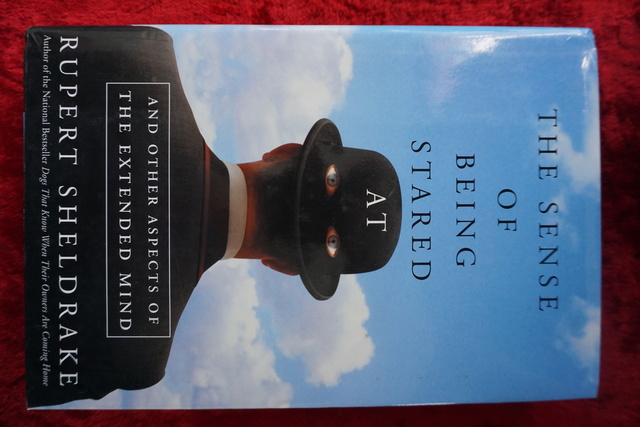- Home
- About Us
- Blog
- Reviews
- Buy Books
- 9 / 11
- Agriculture
- Agriculture & Horticulture
- Animal Husbandry
- Anthropology
- Archaeology
- Astrology
- Auto-biography/Biography
- Aviation
- Catastrophism & Cycles
- Christianity
- Classical Literature
- Consciousness
- Conspiracy
- Cooking
- Cryptozoology
- Current Affairs
- Drama/ Theatre
- Dreams
- Earth Changes
- Economics & Globalism
- Energy
- Espionage & Intelligence Services
- Fiction - Literature
- Fiction / Science Fiction / Fantasy
- Freemasonry
- Gardening
- Geology
- Global Politics and NWO agenda
- Health & Wellness
- Herbalism
- Hidden History
- History – Ancient
- History - Africa & Middle East
- History - Americas
- History - Asia
- History - European
- History - General
- History - Great Britain & Ireland
- History - Medieval / Renaissance
- History - Pacific
- Hunting & Fishing
- Journalism
- Knights Templar
- Literary Criticism
- Literature
- Maritime History
- Medicine and Medical Industry
- Meditation & Mind Power
- Metaphysics
- Military History
- Mind Control & Cults
- Mysteries
- Mysticism
- Mythology & Legends
- Natural World
- New Age
- New Sciences & Metaphysics
- New Zealand History
- New Zealand Military History
- New Zealand Sport
- Numerology
- Occult and Paranormal
- Pacific History
- Parenting
- Philosophy
- Photography
- Poetry & Literature
- Political Controls & Freedom
- Politics
- Prophecy
- Psychology / Psychiatry
- Religions
- Science & Technology
- Secret Societies
- Self sufficiency
- Social Sciences & Culture
- Spirituality
- S.R.A
- Tarot
- Terrorism
- The Arts
- Transport – land & sea
- Travel & Adventure
- True Crime
- Ufology
- Vatican
- War Fiction
- Wicca
- Contact Us
The Sense of Being Stared ; and other aspects if the extended mind
> Home > Buy Books > Psychology / Psychiatry > The Sense of Being Stared ; and other aspects if the extended mind
Contents
By Rupert Sheldrake
Published by Crown Publishers 2003
Hardback with dustwrapper, in good clean reading condition
Most of us know it well—the almost physical sensation that we are the object of someone’s attention. Is the feeling all in our head? And what about related phenomena, such as telepathy and premonitions? Are they merely subjective beliefs? In The Sense of Being Stared At, renowned biologist Rupert Sheldrake explores the intricacies of the mind and discovers that our perceptive abilities are stronger than many of us could have imagined.
Despite a traditional academic background, Sheldrake has devoted his notable career as a scientist and writer to challenging the boundaries of “acceptable” science. A firm believer in the power of an experiment to yield answers about nature, he has dedicated years of intense research to investigating our common beliefs about what he calls our “seventh sense.” After compiling a database of 4,000 case histories, 2,000 questionnaires, 1,500 telephone interviews, and the results of a decade of scientifically controlled experiments, Sheldrake argues persuasively in this compelling, innovative book that such phenomena are real. In fact, he rejects the label of “paranormal” and shows how these psychic occurrences are a normal part of human nature.
As an explanation for this more intimate connection with the external world, Sheldrake suggests that our minds are not limited to our brains, but rather stretch outward to touch the beings and objects that we perceive. Once this extended influence of the mind is taken into consideration, many puzzling phenomena begin to make sense, including telepathy and phantom limbs.
Sheldrake shows that telepathy depends on social bonds. He traces its evolution from the connections between members of animal groups such as flocks, schools, and packs. In the modern world, telepathy occurs most commonly just before telephone calls.
Sheldrake summarizes startling new experimental evidence for the reality of telephone telepathy, and shows how readers can do tests for themselves. Combining the tradition of pragmatic experimentation with a refusal to allow science to fall into dogmatism, Sheldrake pioneers an intriguing new inquiry into the mysteries of our deepest nature. Rigorously researched, yet completely accessible, this groundbreaking book provides a refreshing new way of thinking about ourselves and our relationships with other people, with animals, and with the world around us.
View your shopping basket or Browse other items in Psychology / Psychiatry.
|
© Copyright Halligan's Books
- Site map
|


